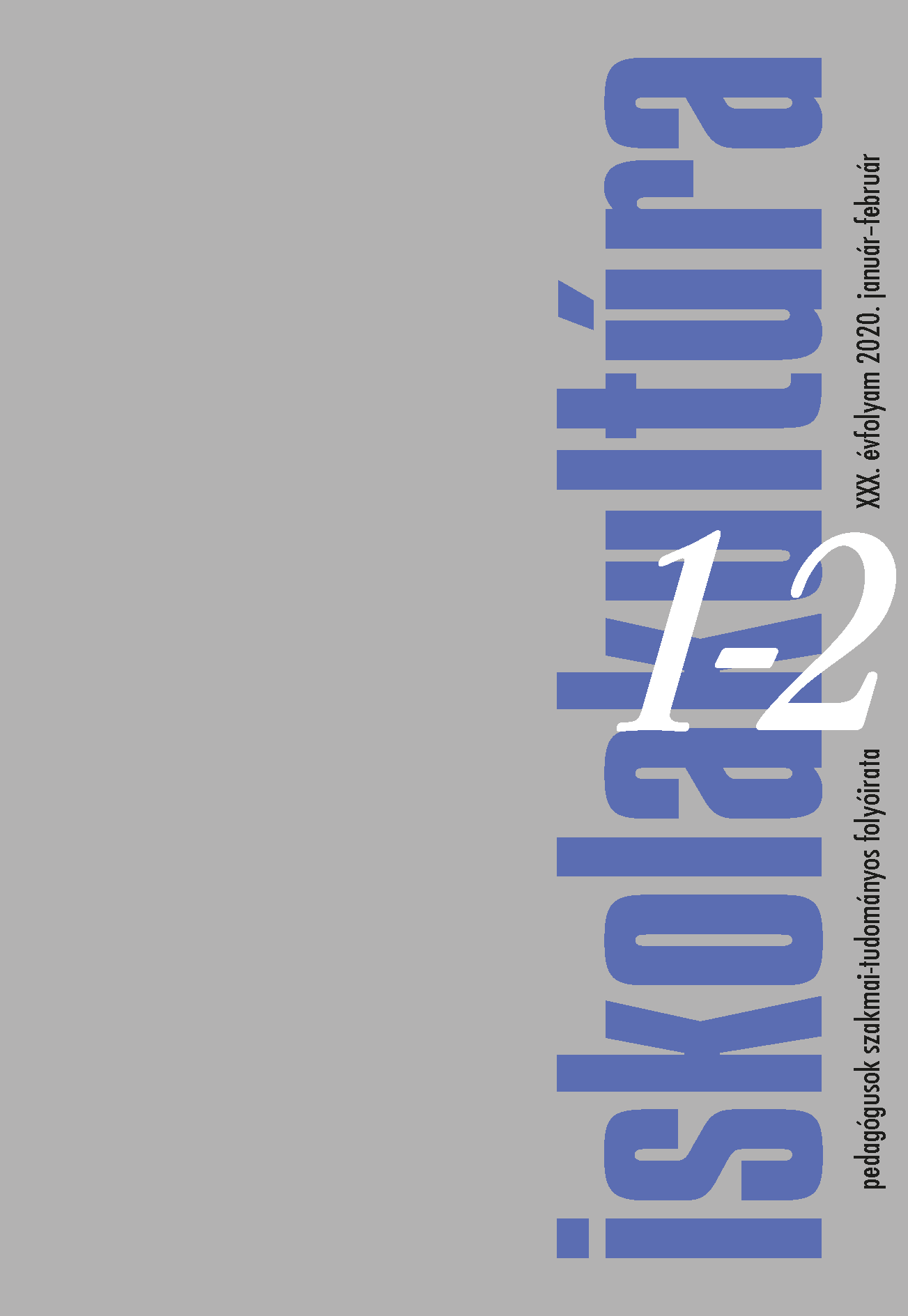A matematikaoktatás környezete A matematikát oktató pedagógusok vélekedése az oktatási rendszer jellemzőiről
Main Article Content
Absztrakt
Az eredményesség és az oktatás kapcsolatának vizsgálatára már több lehetséges stratégiát is kidolgoztak, jelentéseket és esettanulmányokat készítettek. A kutatások célja minden esetben az volt, hogy feltárják azokat a tényezőket, amelyek hátráltatják vagy elősegítik egy-egy ország oktatási rendszerének eredményességét. Az oktatási rendszerek változásán túl a matematika oktatása is változásokon ment keresztül hazánkban is. A matematikaoktatás területén az ország sikeressége és hatékonysága számos egymással összefüggő nemzeti jellemzőtől és döntéstől függ. A matematika területén készült nemzetközi mérések eredményei tájékoztatást nyújtanak a szakmai fejlesztéshez, a tananyagfejlesztéshez, továbbá a rendszerfejlesztéshez, amelyek információkat szolgáltatnak a politikai döntéshozók számára. Kutatásunk során célunk volt, hogy megvizsgáljuk a matematikaoktatás jelenlegi helyzetét hazánkban, a jelenleg érvényben lévő dokumentumokat, szabályozásokat.
Az átfogó elemzés után vizsgálatunkat a 8. évfolyamra szűkítettük. Vizsgálatunkban Magyarországon oktató matematikapedagógusokat kérdezünk meg egy zárt, anonim kérdőívben az ország oktatásügyéről és a matematika oktatásának helyzetéről (hogyan működnek gyakorlatban a vizsgált pontok). A kérdőív alapját korábbi kutatások eredményei és tanulságai adták, ebből készült el a saját kérdőív. Az adatfelvétel online platformon történt, amelyet olyan pedagógusok töltötték ki, akik oktatnak matematikát a 13–15 éves diákok körében. Az eredmények azt mutatják a tanárok véleménye alapján, hogy magasabb óraszámra lenne szükség a matematika területén, és szükség lenne arra, hogy a pedagógusoknak nagyobb beleszólása legyen a tantervekbe, mert ez a pedagógusok pozitívabb hozzáállását eredményezheti.
Letöltések
Article Details
Hivatkozások
Hill, P. (1998). Shaking the foundations; research driven school reform. School Effectiveness and School Improvement, 9(4), 419–436.
Kellaghan, T. (2004). Public Examinations, National and International Assessments and Educational Policy. http://siteresources.worldbank.org/INTAFRREGTOPSEIA/Resources/paper_Kellaghan.pdf Utolsó letöltés: 2017. 09. 12.
Mullis, I. V. S., Martin, M. O., Goh, S., & Cotter, K. (2016, szerk.). TIMSS 2015 Encyclopedia: Education Policy and Curriculum in Mathematics and Science. Boston College: TIMSS & PIRLS International Study Center. http://timssandpirls.bc.edu/timss2015/encyclopedia/ Utolsó letöltés: 2019. 01. 04.
Parveva, T., Noorani, S., Ranguelov, S., Motiejunaite, A., & Kerpanova, V. (2011). Mathematics Education in Europe: Common Challenges and National Policies. European Cominnion: Education, Audiovisual and Culture Executive Agency.
Scheerens, J. (2015). Educational effectiveness and ineffectiveness: A critical review of the knowledge base. Dodricht: Springer.
Sutcliffe, S., & Court, J. (2005). Evidence‐Based Policy‐making: What is it? How does it work? What relevance for developing countries? United Kingdom: Overseas Development Institute.

